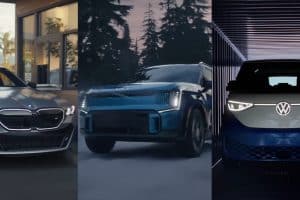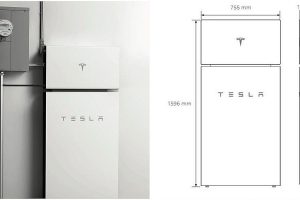Elon Musk has noted that Tesla’s innovations would truly lie in its vehicle factories, which are essentially giant machines that make other machines. This certainly has been the case for facilities like Gigafactory Shanghai, which currently produces the company’s two best-selling vehicles, the Model 3 sedan and the Model Y crossover.
Tesla now has two vehicle factories outside the United States. Last month, Tesla held a first delivery event for Gigafactory Berlin, the company’s plant in Germany. Giga Berlin’s path to its opening event had been rocky, thanks in part to a lot of red tape and controversies from groups that sternly opposed the facility. Giga Berlin’s delays became so notable that Giga Texas, a facility that was larger and which began construction later, held its opening event just a few weeks later.
Yet despite the delays that plagued Giga Berlin, Elon Musk has noted that the facility’s production ramp would be anything but slow. While responding to a question about the company’s expectations for the vehicle production ramp of Gigafactory Berlin and Texas, Musk stated that the two facilities should increase their output at a pace that exceeds that of Giga Shanghai. This was a strong statement from the CEO, seeing as Giga Shanghai ramped its vehicle output in a relatively short time.
“Ramp production (will be) faster than Shanghai because we have learned a lot. And we’ve now gone through the… Y ramp in multiple locations. We’re obviously sharing what we’ve learned. And so, we don’t want to get complacent or entitled, but this should be a faster ramp because we have learned more, and we have done a lot to simplify the production of (the) Model Y. That should lead us to a faster ramp within Texas and Berlin,” Musk said.
A lot of these simplifications lie in the innovations that Tesla has obsessively been developing over the years. These include the use of megacasts, which drastically reduce the components used to build a vehicle, as well as the utilization of 4680 cells, which are larger, more powerful, and cheaper to produce. Musk hinted at some of these efficiencies, noting that the use of a structural battery pack alone should allow facilities like Giga Berlin to reduce the size of their body shop by a notable degree.
“If you got a structural pack and front and rear castings, the body shop size drops by over 60% relative to the standard way of making a car,” Musk said.





